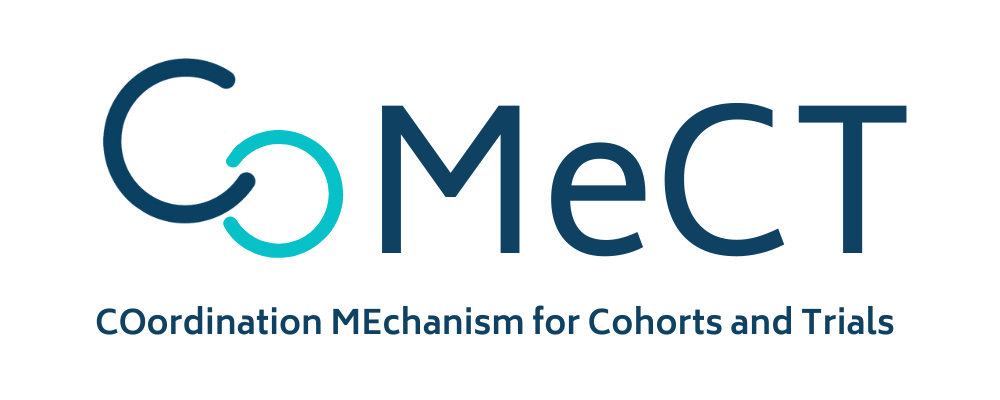
COMECT
Orchestrating European networks of clinical trials and cohorts
Published on 24 April 2024
Main points
The ANRS MIE is involved alongside other European organizations in the project CoMeCT (Coordination Mechanism for Cohorts and Trials) since December 1st 2023, for a duration of 3 years.
Origin of the CoMeCT project
CoMeCT builds on European efforts initially developed during the COVID-19 crisis. The importance of cross-border cooperation and coordination in the fight against the global COVID-19 pandemic has been highlighted since it began. In particular, it emphasised the need for international clinical research efforts to be connected and synchronised to ensure that results are obtained rapidly while remaining robust, reproducible, and reliable.
The objective of CoMeCT is to strengthen the preparedness and response of European clinical research to putative outbreaks of infectious diseases by facilitating the strategic and scientific coordination of Adaptive Platform Trials (APTs) and Cohort Studies (CSs).
CoMeCT project partners
This project involves 7 leading European public health partners:
- ANRS MIE /INSERM,
- European Clinical Research Alliance for Infectious Diseases (Ecraid),
- European Clinical Research Infrastructure Network (ECRIN),
- Norwegian Institute of Public Health (NIPH),
- PENTA Child health Research,
- University of Verona,
- University of Cologne.
Coordinated by the NIPH, it is based on pre-existing clinical research networks and infrastructures.
Organisation
CoMeCT is made up of four committees with complementary roles:
- the Trial Coordination Board aims to ensure collaboration and cooperation between these European adaptive platform trials,
- the Cohort Coordination Board aims to encourage knowledge-sharing between cohort-based research projects,
- the Joint Access Advisory Mechanism ensures independent scientific evaluation of treatment / vaccine candidates,
- the Outbreak Response Board.
Role of the ANRS MIE
Within CoMeCT, the ANRS MIE is specifically in charge of the Outbreak Response Board. It will have three major roles :
- Identify priority clinical research questions for a range of pathogens of concern, emphasizing research on the development of vaccines and treatments.
- Propose objective criteria to help Member States and the European Commission decide when to fund emergency clinical research.
- Facilitate coordination in case of an outbreak.
The six main objectives of CoMeCT
- Expand European coordination mechanisms to facilitate the exchange of good practices and coherent stakeholder engagement in adaptive clinical trials and cohort studies.
- Expand the JAAM to support coordination through independent scientific assessment of therapeutic compounds and vaccines, and provide recommendations for the most appropriate adaptive clinical trials and vaccine trials.
- Develop and maintain an overview of relevant adaptive clinical trials and cohort studies, and facilitate engagement with interested external networks and organizations.
- Enable GDPR-compliant cross-study identification, assessment, and reuse of participant-level data from European adaptive clinical trials and cohort studies, by sharing operational best practices and monitoring progress in clinical research methodologies and data analytical approaches.
- Ensure consistent communication to boost the visibility of European clinical trials, by establishing a comprehensive platform for communication and dissemination of activities.
- Monitor and report progress towards the objectives of CoMeCT, ensuring compliance with contractual obligations (EU framework agreement and consortium agreement), and develop a sustainability plan to ensure continuous coordination beyond its three-year duration.
